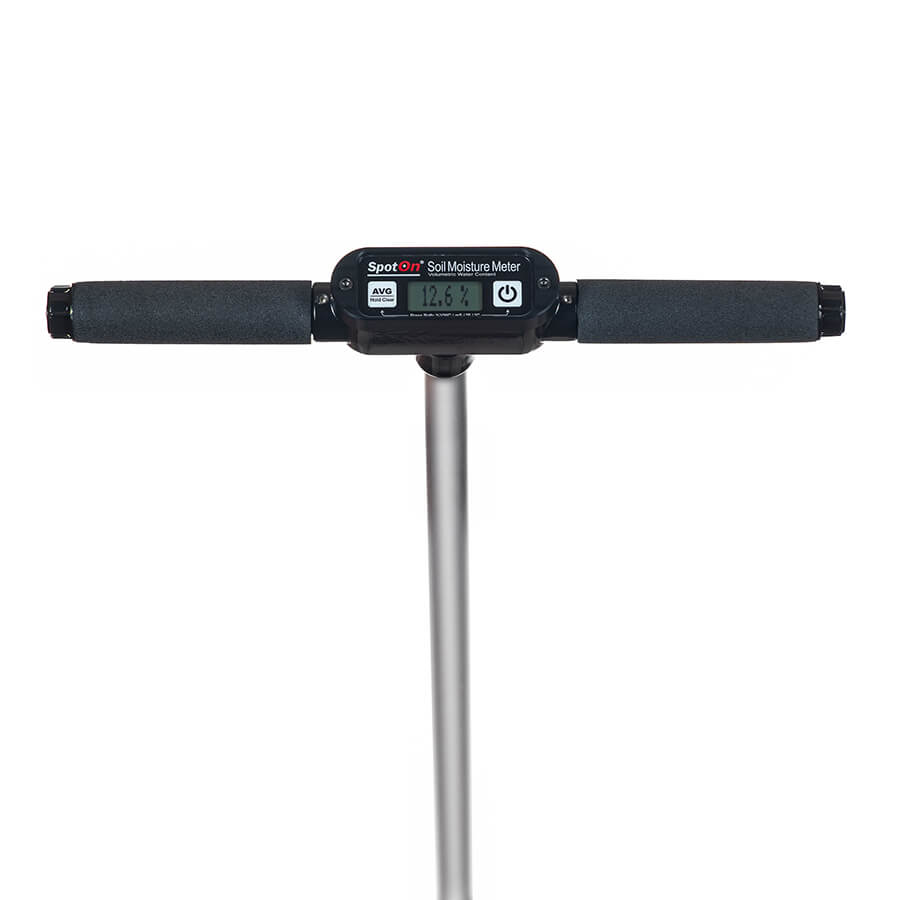Top 10 Benefits of Using a Moisture Meter for Precise Measurements in Your Home
Top 10 Benefits of Using a Moisture Meter for Precise Measurements in Your Home
Blog Article
The Ultimate Overview to Dampness Meters: A Comprehensive Introduction and Just How They Can Conserve You Cash
In the world of building upkeep, building, and various sectors, the relevance of properly determining wetness levels can not be overstated. Dampness meters work as vital tools in finding and keeping an eye on moisture content in materials, aiding in protecting against costly damages and making sure the quality of items. Understanding the subtleties of different kinds of wetness meters, their applications, and the potential cost-saving advantages they provide can be a game-changer for specialists and services alike. Discovering exactly how these tools can not just simplify processes however likewise add to financial cost savings is a journey worth starting.
Types of Moisture Meters
Numerous kinds of moisture meters are offered for various applications in different industries. One usual kind is the pin-type dampness meter, which measures the electrical resistance between two pins inserted into a material. This type is appropriate for timber, drywall, and other structure materials. Pinless wetness meters, on the various other hand, use electro-magnetic sensor plates to scan a bigger area without causing damages to the material's surface. Moisture Meter. These meters are ideal for quickly examining wetness levels in large locations such as floorings and wall surfaces.

Infrared moisture meters gauge the thermal residential or commercial properties of a material to identify its dampness content non-invasively, making them valuable for applications where pin or pinless meters may not be appropriate. Understanding the various kinds of moisture meters readily available can aid markets pick the most ideal tool for their details wetness measurement requirements.

Advantages of Utilizing Dampness Meters
Dampness meters supply very useful benefits in properly evaluating and keeping track of wetness degrees in varied products and settings. One of the key advantages of using wetness meters is the avoidance of prospective damages triggered by excess wetness.
Furthermore, using wetness meters can result in raised power performance. By determining areas with high wetness degrees, such as leakages or inadequate insulation, changes can be made to boost energy conservation and decrease energy costs. In farming setups, dampness meters play an important role in enhancing plant returns by allowing farmers to monitor dirt dampness degrees and make informed watering decisions. Generally, the benefits of using wetness meters extend throughout various sectors, offering affordable services and promoting far better quality assurance practices.
How to Choose the Right Wetness Meter
When choosing a wetness meter, it's important to make sure that the meter is appropriate for the certain product you will be screening. Various products have differing electrical properties that can impact dampness readings, so picking a meter designed for your product is critical for accurate outcomes. By very carefully examining these variables, you can try this web-site pick a dampness meter that meets your requirements and provides accurate dampness dimensions for your tasks.
Correct Techniques for Dampness Meter Usage

Cost Savings With Dampness Meter Applications
How can the calculated use of moisture meters lead to considerable expense savings throughout various markets? In the farming sector, wetness meters aid in figuring out the optimal time for collecting plants, avoiding over-drying or excess wetness that can affect the final product's top quality.
Similarly, in building and construction, moisture meters help avoid expensive damages by discovering moisture degrees in structure materials, such as wood or concrete, which can result in architectural problems if not attended to without delay. By recognizing issue areas at an early stage, specialists can take restorative measures to stay clear of extensive repairs or substitutes, inevitably saving money and time.
Additionally, in the food processing market, dampness meters are important for checking item quality and ensuring compliance with safety policies. By precisely gauging wetness web content in foodstuff, makers can avoid perishing, maintain freshness, over here and lower waste, leading to substantial price savings. Generally, the strategic application of dampness meters is an important investment that can cause substantial cost reductions and boosted effectiveness across different industries.
Final Thought
To conclude, dampness meters are important devices for discovering and measuring moisture degrees in different materials. By making use of the right moisture meter and following proper techniques, individuals can effectively prevent costly problems brought on by excess dampness. Buying a high quality dampness meter can cause substantial expense financial savings in the future by determining potential problems beforehand and allowing timely removal. Ultimately, moisture meters are crucial instruments for keeping the integrity and long life of structures and products.
Dampness meters serve as essential devices in discovering and monitoring moisture content in materials, aiding in avoiding costly problems and making sure the top quality of items. Infrared wetness meters determine the thermal residential or commercial properties of a material to identify its check out this site moisture material non-invasively, making them beneficial for applications where pin or pinless meters might not be ideal.Moisture meters offer important benefits in precisely keeping track of and examining dampness levels in diverse materials and settings. In farming setups, dampness meters play a crucial duty in optimizing crop returns by making it possible for farmers to keep track of soil wetness degrees and make informed irrigation decisions.In verdict, dampness meters are beneficial devices for gauging and finding dampness degrees in different products.
Report this page